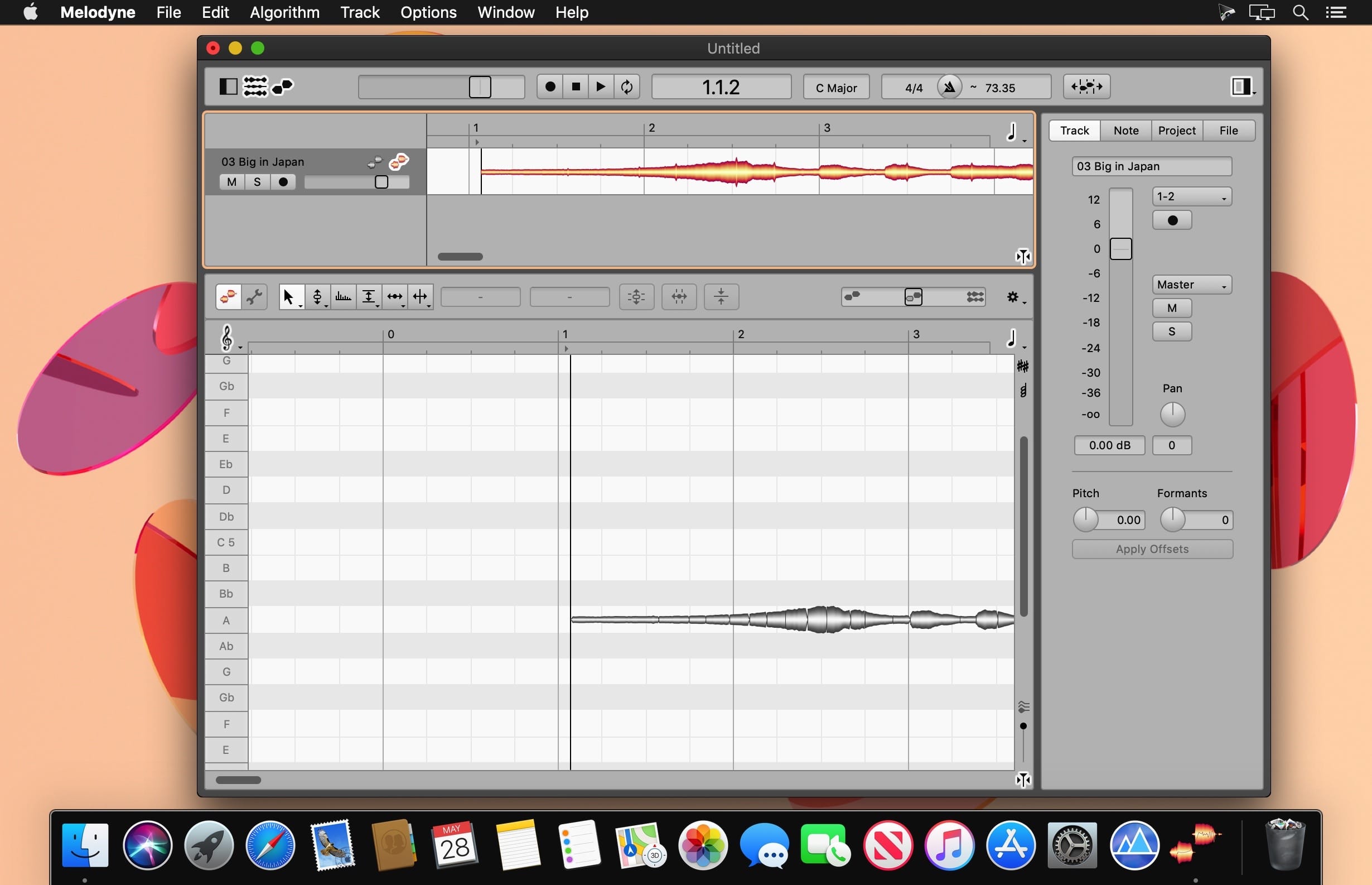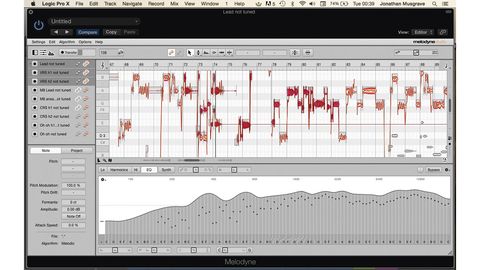


Melodyne will let you change the speed and keep the original pitch, or vice versa. A higher pitch has a faster frequency, so if a track is sped up or slowed down, the pitch will get higher or lower.

If you wish the singer had held that high note a little longer, it's no problem you can stretch the note out without dragging the singer back for rerecording.Īs well as the time, you can alter the pitch. This is a great feature if you often find yourself having production afterthoughts. You can change the time, pitch, rhythm, and dynamics, adjust vibrato, or even the melody itself. It's color-coded to show you what comes from where. The ARA lets you have multiple sub-tracks of different vocal takes, and you can choose the best parts of each to get the full potential of your vocals. This user-friendly software lets you examine tracks in detail note-by-note. It is widely compatible, and, despite being a restricted version of the high-end software, gives you a great deal of control over your editing. It started life as a standalone, but will now also work as a plug-in, in conjunction with your go-to DAW. This is the fourth iteration of the software. Melodyne goes a little further than most basic autotuning software, and the results are far less synthetic. Although it might not give users complete access to some of the more advanced capabilities, it will, without a doubt, keep your vocals on point.Īlthough it could be used with any track, vocal editing is where this software shines. The full studio version is incredibly well developed to help refine any issue you might encounter. If you want to give your home-recorded vocals more of a professional touch, then software, such as Melodyne by Celemony, is a useful tool to have on hand.


 0 kommentar(er)
0 kommentar(er)
